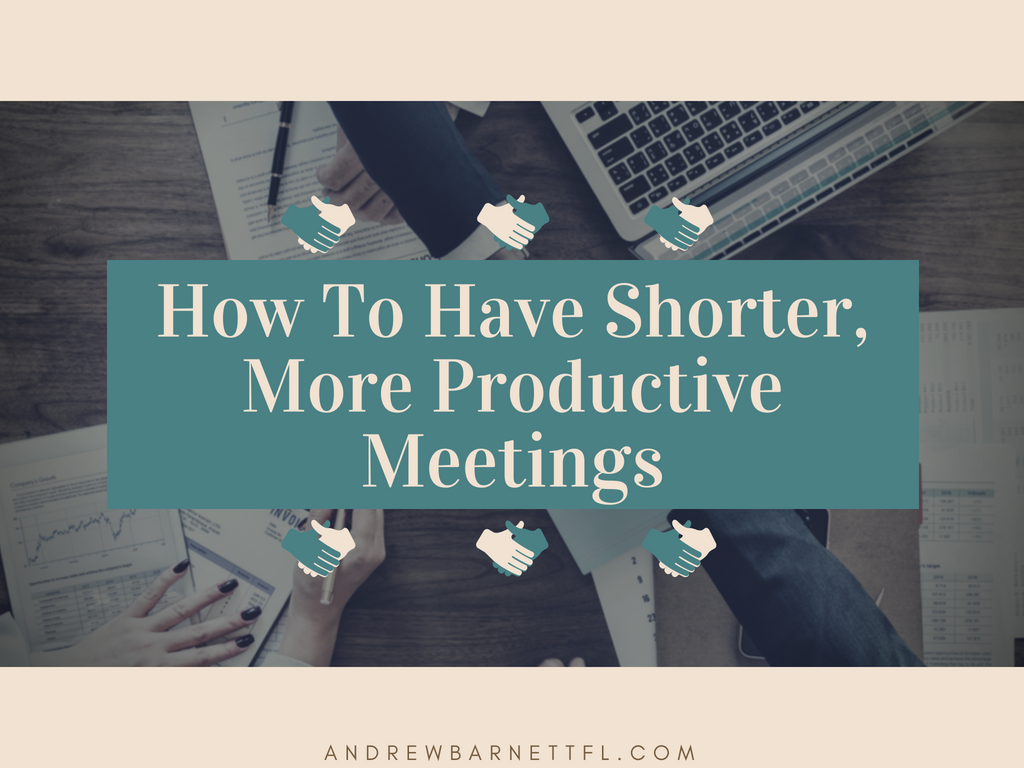Business meetings are essential in many professional environments. Regardless of whether the meetings are internal events or involve clients, you understandably want to have productive and efficient meetings that accomplish specific goals in minimal time. The unfortunate reality, however, is that business meetings often take up much more time than they need to. These essential tips can help to streamline your team’s meetings and boost productivity.
Create Goals
Most meetings are called because multiple people need to communicate about an important topic or to make critical decisions. However, meetings may be called with only a vague understanding of what will be discussed. Before a meeting is called, make a list of specific items that need to be accomplished. Determine which professionals are involved in those goals, and invite those individuals to attend with the goals outlined in the meeting request. Avoid bringing people into the meeting who do not have a critical role in the conversations that will take place. You may need to break a meeting up into two or three sections involving different parties in some cases.
Follow an Agenda
You should then take the additional step to prepare an agenda. The agenda should be focused specifically on to-do items that directly feed into the goals. For example, before you can finalize the timeline of a project, you may need to determine the allocated budget for the project, the location where it will be executed and many other details. The agenda will outline the steps that need to be taken to accomplish goals.
Choose an Ideal Time
When you hold a meeting first thing in the morning, there may be less urgency to finish the meeting quickly. Afternoon meetings, however, take place when individuals may be trying to finish up other tasks and projects before heading home for the day. Meetings that are held later in the afternoon will be completed promptly because attendees want or need to get home within a short period of time.
As you can see, there are many aspects of preparation and planning that can directly impact the efficiency of company meetings. Remember that your ability to manage the conversation in the meeting is also important. You may need to analyze your own management efforts to further improve how productive your meetings are.
